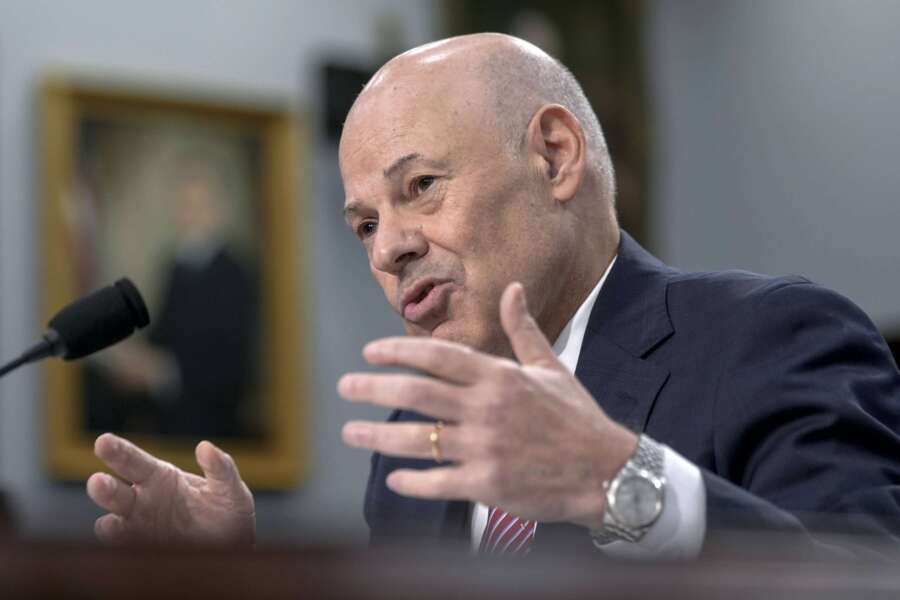The United States Postal Service (USPS) is allowing a team from the Department of Government Efficiency (DOGE) to scrutinize its reform strategies more closely. Postmaster General Louis DeJoy, in a letter to congressional leaders, announced an agreement with DOGE representatives and the General Services Administration to assist in identifying and achieving further efficiencies within USPS. DeJoy emphasized that the Postal Service is progressing well under his 10-year Delivering for America reform plan and that DOGE’s efforts align with USPS initiatives. Despite significant achievements, DeJoy acknowledged the need for further improvements and welcomed external assistance.
DOGE has been deployed to various federal agencies to cut spending, but it is unusual for them to evaluate the business operations of USPS, an independent agency typically self-funded through its own revenue. DeJoy stated that the DOGE team will focus on several topics, including the role of the Postal Regulatory Commission (PRC), which he described as an unnecessary agency causing over $50 billion in damage to USPS through defective pricing models and outdated processes. DeJoy criticized the PRC for its outdated perspective on the Postal Service’s current business environment and its resistance to necessary changes.
Additionally, DeJoy directed the DOGE team to review the calculation of USPS retirement obligations, calling for adjustments in payments into the Civil Service Retirement System (CSRS). USPS claims it has overpaid into this fund, resulting in billions of dollars in additional charges uncommon in private industry. The team will also investigate the mismanagement of the workers’ compensation program overseen by the Labor Department, which incurs approximately $400 million annually in excessive charges compared to private industry practices. Furthermore, the DOGE team will address unspecified unfunded mandates imposed by legislation, which require USPS to perform costly activities without providing funding. These mandates cost between $6 billion and $11 billion annually.
DeJoy noted that while DOGE will address these issues, many fall under the jurisdiction of Congress to resolve. He urged congressional leaders to tackle these long-standing problems that have persisted for over a decade.
— news from Federal News Network
